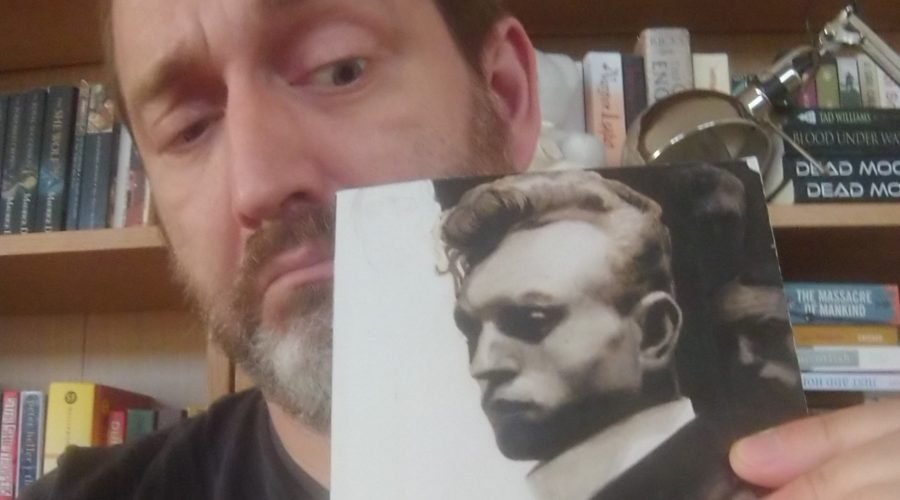Link :Amazon, Goodreads. Price: £4.70
There’s a bloke, he’s pretty antisocial, he think’s he’s pretty clever and he’s going to tell you about it in a way that makes a hundred pages feel like 600. Oh, I’m sorry, am I supposed to summarise the book before I start reviewing. Okay. Let’s see where we end up.
This book is either terrible or tremendous. Possibly both. It is difficult to tell which parts are meant to be satirical. The whole thing? Just the parts where the narrator laboriously points out he is being satirical? Except, with such a clearly unreliable storyteller, can we even trust that?
The book is written in two parts, as we are informed in a footnote on the first page where Dostoyevsky is keen to point out that this is a fictional character and not, well, him. One can see why he would be keen to do so.
The first part is an exceptional recreation of what it is like to be trapped in a bar with a mediocre intellectual who won’t let you get a word in edgeways, and, steadily, as he gets increasingly drunk, repeats and contradicts himself so often you are no longer sure if you are speaking the same language. The funny thing is that this is very well written (and the translation is superb). As a book it is a terrible experience. As a piece of art, it is fascinating.
In the second part the horrible narrator tells us a horrible story about him being horrible. Worse than horrible; he’s pathetic. Somewhere in amongst this Dostoyevsky appears to be expounding two propositions: first, that mathematical utility will rob us of our free will, which is of greater importance than utility. Second, that people are rubbish, but that they cannot be happy unless they are free to be rubbish.
It’s a bit harsh to criticise an author for his ignorance of mathematics, but both Bayes Theorem and utilitarian models that allowed freedom of choice and uncertainty to be of utility in themselves existed at the time he wrote this book. So, you know, dude, stop dissing maths you don’t understand. The second point might have been better made with a better story!
But oh, the writing. It takes courage to write the story of someone so unempathetic, so pathetic, so banal, and maintain this through to the end. If you were visiting this book in an art gallery it would be beautiful in its ugliness. But don’t expect to enjoy the read.



